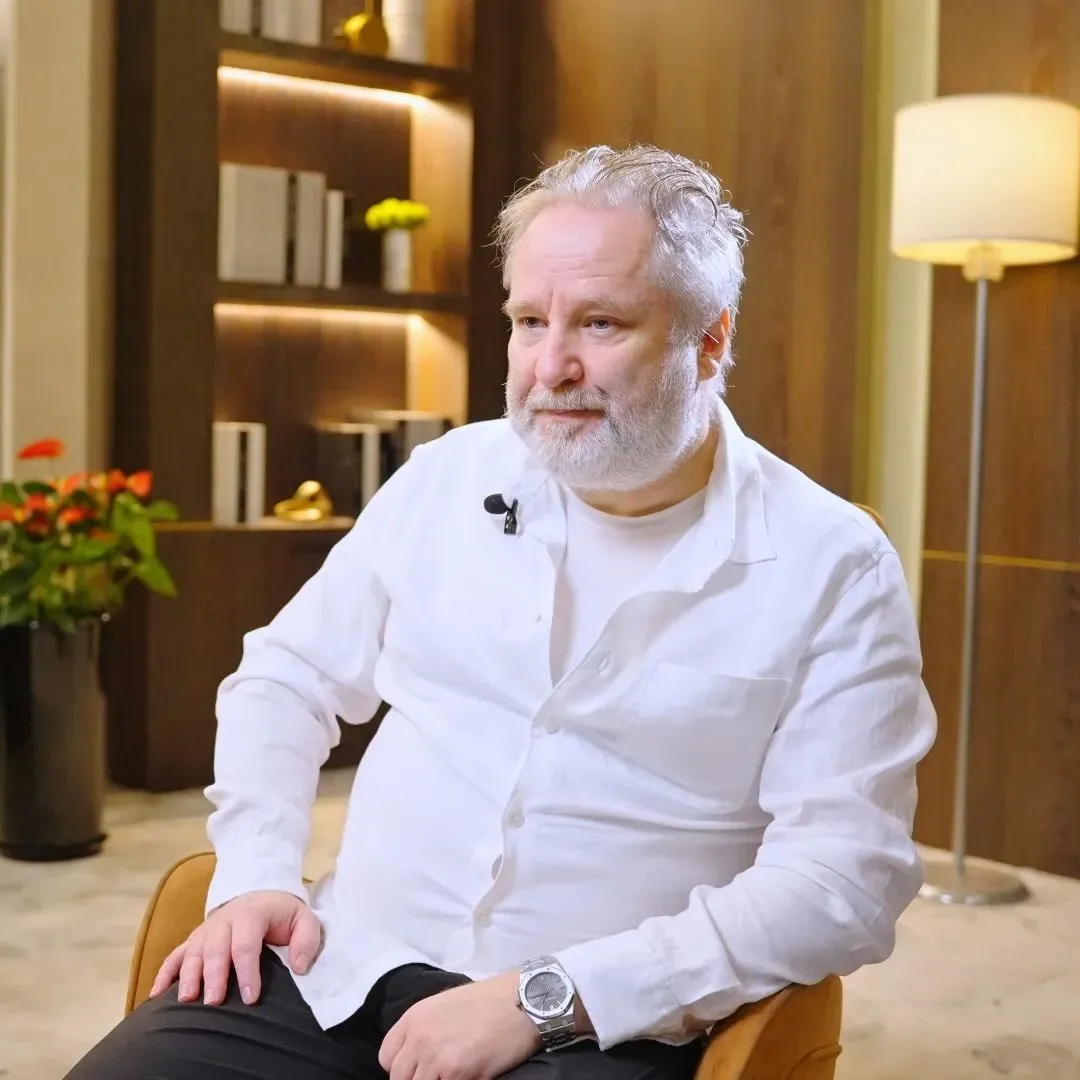Speaker:Professor Gunther Roland, Massachusetts Institute of Technology (MIT)
Time:Thursday, July 17, 2025 5:00 p.m. - 6:00 p.m.
Venue:D1-b110, GZIC
Abstract
Artificial intelligence technology is gradually becoming an indispensable new engine for fundamental scientific research, particularly in particle physics. Professor Gunther Roland will deliver an in-depth exploration of key applications of machine learning in particle physics and cosmology. This lecture focuses on the latest academic findings, including how machine learning contributes to data modeling and analysis in high-energy physics experiments, as well as its practical applications in real-time reconstruction and classification of complex events.
Additionally, Professor Roland will demonstrate through specific cases how artificial intelligence assists scientists in identifying potential new physical phenomena, optimizing detector designs, and even proposing entirely new pathways for interpreting fundamental natural laws. As algorithms continue to refine and computing power grows, AI is redefining our understanding of the material world, opening unprecedented avenues for exploration in fundamental science.
Biography

Professor Gunther Roland is the Tenured Professor in the Physics Department and the Division Head of Experimental Nuclear and Particle Physics at the Massachusetts Institute of Technology (MIT) . He has long been engaged in high-energy nuclear physics research and led the MIT Relativistic Heavy Ion Group to deeply participate in the CMS experiment at CERN’s Large Hadron Collider, conducting pioneering research on quark-gluon plasma (QGP).
Professor Gunther Roland also serves as a key leader in multiple international collaborations, including PHOBOS and sPHENIX, playing a pivotal role in the deep analysis of particle collision data and the reconstruction of physical images. He has been honored as a Fellow of the American Physical Society (APS) for his discovery of triangular flow in high-energy nuclear collisions and his leadership in the PHOBOS and CMS experiments. He has also received the Outstanding Young Researcher Award from the National Science Foundation (NSF) and the Department of Energy (DOE) of the United States, and has led multiple major research projects, including those in the fields of high-performance computing and data analysis platforms.





